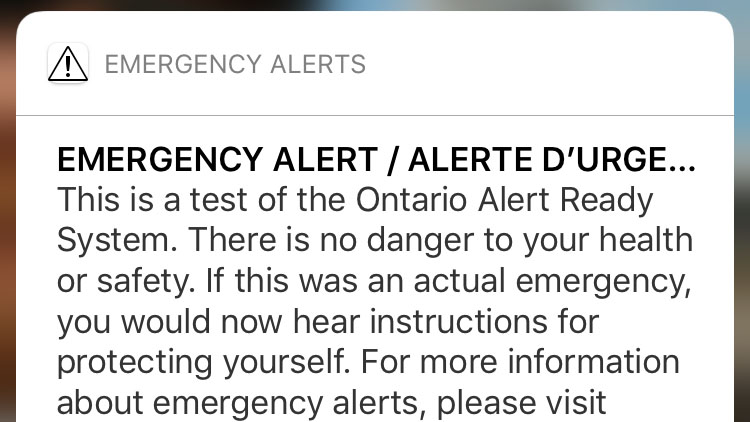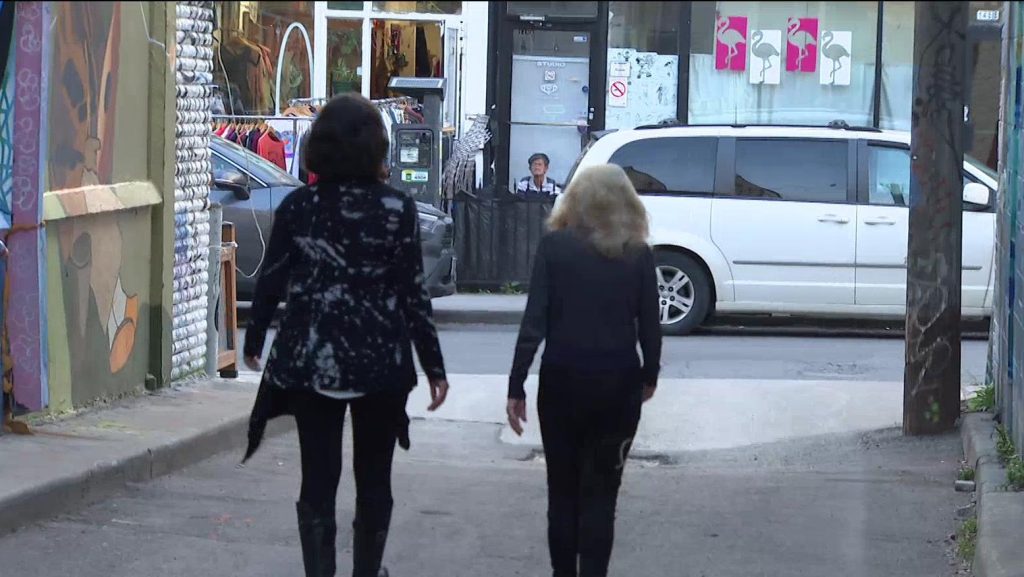Court wrong to say charter doesn’t apply to brain dead woman, family argues
Posted December 11, 2018 3:36 pm.
This article is more than 5 years old.
An Ontario judge erred in ruling the Charter of Rights and Freedoms does not apply to a Toronto-area woman because she has been declared brain dead, the woman’s family argues in challenging a decision that would have taken her off life support.
Taquisha McKitty was 27 when doctors declared her “dead by neurological criteria” in September of last year following a drug overdose that left her unconscious on a Brampton, Ont., sidewalk.
McKitty’s family turned to the courts to prevent doctors from taking her off life support, saying her Christian faith defines death as the cessation of heartbeat, not of brain function.
Citing charter protections, they argued doctors should make accommodations for religious beliefs in making a determination of death, and obtained an injunction to keep her on a respirator while the case was before the courts.
An Ontario Superior Court judge ruled against them over the summer, saying the charter does not apply to McKitty because the document only protects “persons” and McKitty, because she is clinically brain dead, is not legally a “person.”
The judge also said in her ruling that death could not, in Ontario, be subject to a person’s wishes or beliefs because that could lead to “an unacceptable level of medical, legal and societal uncertainty” and cause potential adverse effects on the health-care and organ donation system.
McKitty’s family is asking Ontario’s highest court to overturn the decision, set aside her death certificate and refer any dispute about her treatment to the Consent and Capacity Board, an independent provincial tribunal that rules in matters involving issues such as a person’s capacity to consent to or refuse treatment.
The appeal is expected to be heard in Toronto on Wednesday.
In court documents filed ahead of the hearing, McKitty’s family says determining and certifying death is a delegated state function, and therefore subject to scrutiny under the charter.
The lower court’s finding that McKitty’s designation as brain dead means the charter doesn’t apply to her “puts the cart before the horse” because her beliefs should have been considered before doctors made that decision, they argue.
“To the extent that a decision is made to end life and withdraw medical support, it must be done only after appropriate accommodation is provided where required,” the documents read.
“In those rare cases where a dispute arises as to the withdrawal of treatment and where the determination of death is in dispute, an open and transparent process before an independent decision-maker must allow family and doctors to make submissions on individual wishes and beliefs and medical considerations relative to the decision to end life.”
They further argue that in preferring a uniform definition of death based on secular and medical criteria, the court is in fact favouring some belief systems over others.
“The state and court below have consciously or tacitly taken a position on the question of what constitutes death in Canadian society, one that is at odds with the sincerely held religious beliefs of certain religious minorities, and Taquisha in particular,” the documents say.
McKitty’s family also argues the lower court judge was wrong to disqualify the expert opinion of a family witness, and wrong not to allow McKitty’s movements to be filmed for a 72-hour period to assess whether she meets the criteria for brain death. They have argued her movements are more than just spinal cord reflexes, which can occur after brain death.










